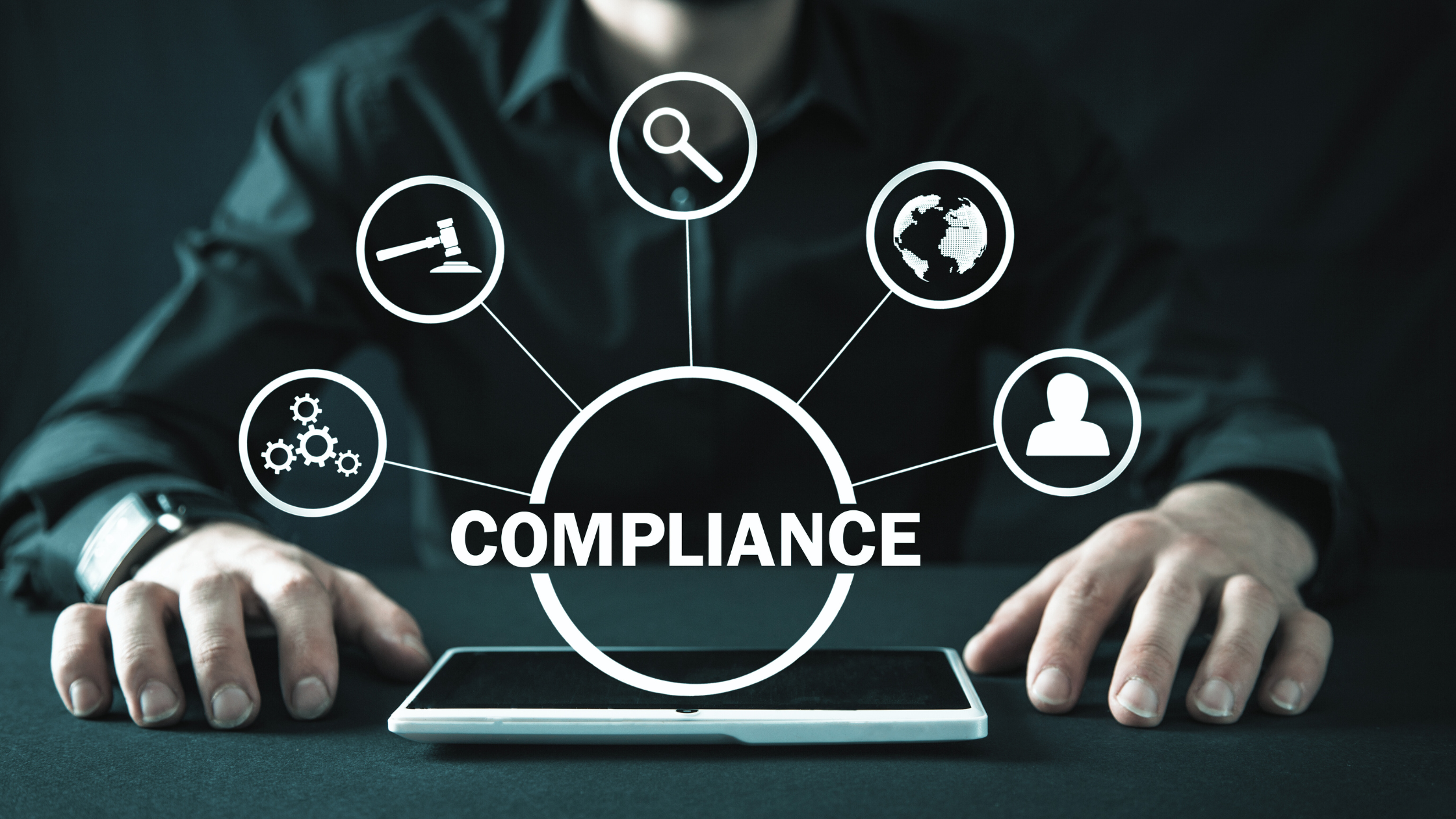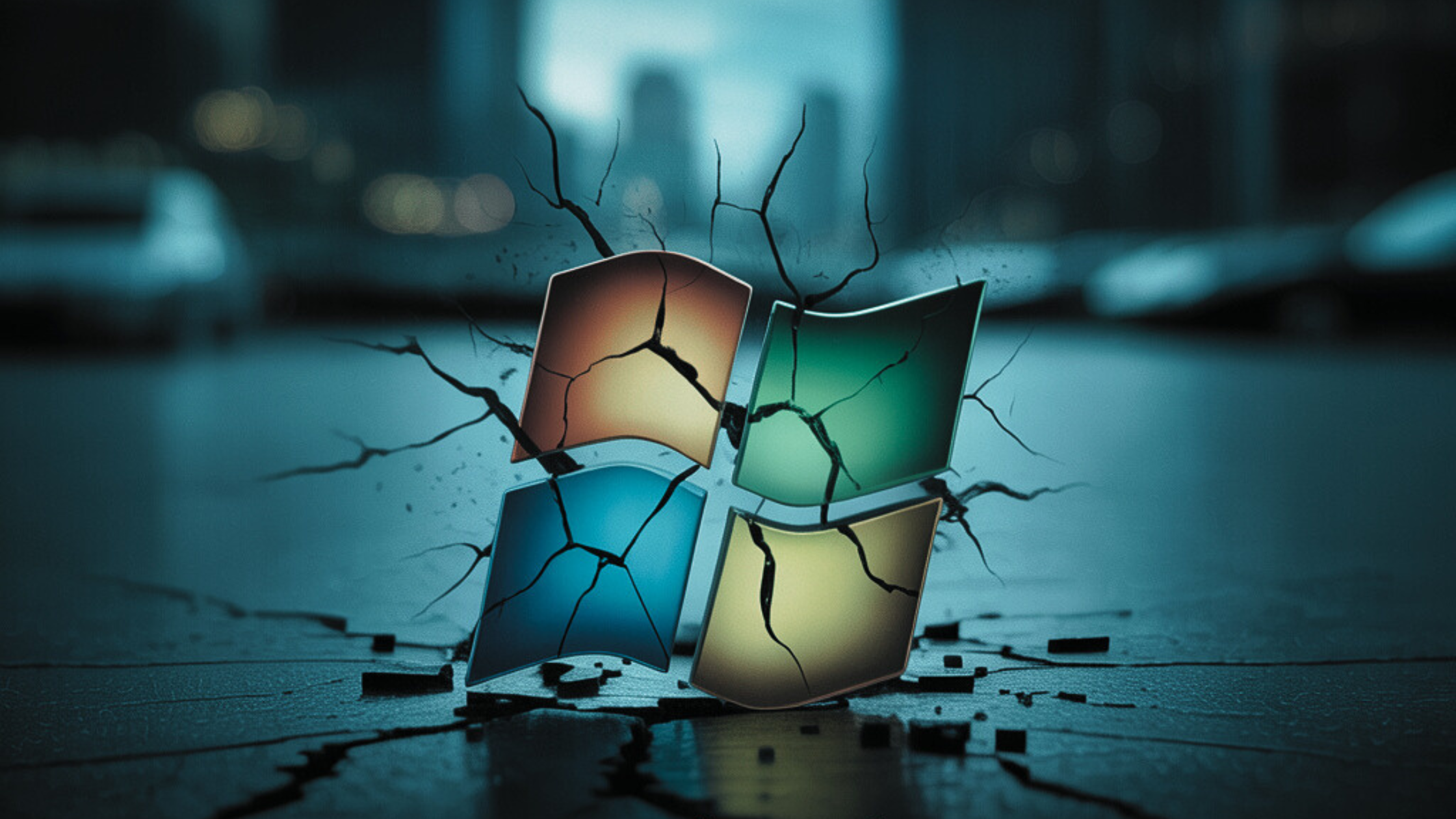
Being tagged in a photo on Facebook was a great new way of preserving and organizing memories since the beginning of the company in 2005. Facebook’s facial recognition technology, even then, had the ability to observe features of a person’s face such as jawlines, nose sizes, the shape of eye sockets, and more to create a mathematical calculation that was saved and stored in a database so that it could be used again for future tagging. It is said that Facebook currently has the largest database of facial identities as it has been drawing images from over 3 billion users for over 15 years. Much has been learned from this and thus facial recognition technology is about to make even more strides, most likely in the areas of authentication and surveillance.
In the area of authentication, facial recognition technology proves itself to be both convenient and useful. People are already using it as a quicker way of unlocking their phones, computers, and even their cars. It has also proven itself useful in helping to speed up immigration queues. Yet even more practical uses are on the horizon. Facial recognition may soon become a reigning method of two-factor authentication. National Bank of Australia has tested facial recognition software by having people use it to log into their bank accounts through their phones. The test seemed to bring about promising results. National Bank of Australia has therefore argued that it is imperative to implement facial recognition verification in response to the increased use of sensitive information being stored via the cloud.
Supermarkets are also in talks to implement “just-walk-out” technology which could enable shoppers to simply grab their groceries and leave the store without even checking out. A machine would scan their faces as they leave the store and register a payment through the facial data on file. Such technology would completely change grocery stores as we know them, significantly lowering the need to hire employees to work check-out.
In the area of surveillance, using facial recognition is highly questionable due to privacy concerns. However, despite these legitimate concerns, facial recognition has already been successfully used for the public good by identifying criminals. Take for instance in New York City, facial recognition was used to solve a mystery of some strange appliances found in the subway that looked like they could be homemade bombs. Facial recognition on cameras in the area was able to identify a man from a mugshot database planting the appliances and leaving the site. The man was arrested on the same day.
Although in the above case, the situation worked out, many people worry that such power to recognize people can lead to problems such as breach of privacy. The IRS recently announced that it will soon require facial recognition for people to log into their accounts to do their taxes. While the IRS argues that this will protect people’s sensitive tax information, many others are worried that it is a government breach of privacy. One dystopian worry is that if a government gains control of a large database of facial identities, it can use this knowledge to identify and imprison political enemies unfairly. Time will tell how it all plays out.
Throughout history, there have been technological breakthroughs that seemed to be so powerful that they would have world-ending consequences. Many people thought that nuclear power would obliterate life on earth as we know it, yet for some reason, humanity has continued to live on. Man has always had the power to do great evil with technology, yet man has also had the ability to do great good and perhaps that ability will be enough to handle other scary technologies such as facial recognition. Facial recognition certainly has the power to do some good and hopefully, humanity will be strong enough to direct it towards the benefit of everyone in society.






